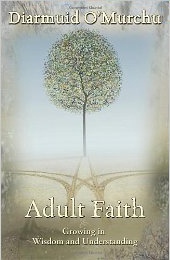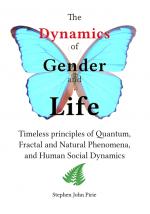The underlying cause of woke, cancel culture, and the need for mavericks and matrons.
Imagine that you are the most creative, the most talented, the strongest, the bravest, or the most compassionate person among those you know, or know of.
Perhaps you’ve gained a medal at a recent Olympic Games, after years, or decades of training and discipline. Your successes, your resolve, your discipline in the face of adversity, have instilled in you a can-do attitude that empowers you, enabling you to push through difficulties, come what may.

